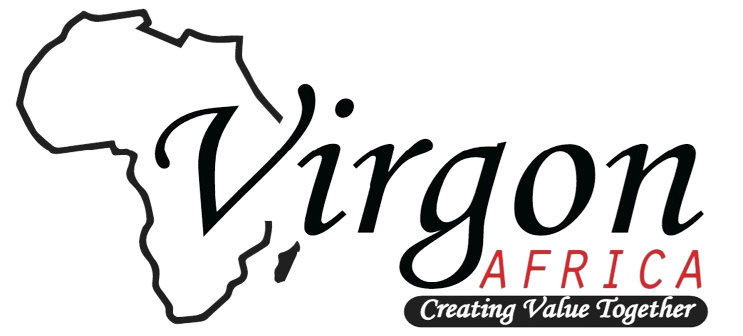By their very nature, investment projects involve benefits and costs over a number of years into the future. Market prices and project outcomes cannot be predicted with certainty. In addition, technical difficulties and delays in implementation frequently result in cost and time overruns. Project appraisal and project selection are key functions in the planning and allocation stages of public investment. Effective appraisal supports decision-making for optimization of project design and impact and is critical in selecting projects that yield the highest social and economic returns.
Working with our clients, we undertake a detailed and thorough evaluation that aims to assess the feasibility, viability, and potential of our clients’ proposed projects. Project appraisal involves a comprehensive analysis of various aspects of the project, such as its economic, financial, technical, social, management, and environmental factors. Project appraisal determines whether the project is suitable for investment and financing and whether it aligns with the organization’s goals and objectives. Our main phases of project appraisal encompass the following:
- Prefeasibility (also known as options appraisal): under which a study is prepared presenting the relevant alternatives to solve a given problem, risks are identified, and preliminary estimates of costs and benefits are provided; and
- Feasibility: which expands on the prefeasibility phase by refining data collection, providing detailed estimates of costs and benefits for the selected alternative, performing a detailed assessment of risks, and assessing environmental and social impacts.
Our appraisal studies take into account the following critical factors:
- Technical Feasibility: Assessing the technical aspects of the project, including engineering design, resource availability, technology requirements, and potential environmental and regulatory considerations.
- Financial Feasibility: Examining the project’s financial viability, including revenue forecasts, cost estimates, capital investment requirements, operating expenses, and financial indicators like return on investment (ROI) and payback period.
- Market Feasibility: Conducting a comprehensive market analysis to understand the target market, including its size, trends, competition, and potential demand for the project’s products or services.
- Legal and Regulatory Considerations: Examining the legal and regulatory framework relevant to the project, including permits, licenses, land acquisition, environmental regulations, and compliance requirements.
- Social and Environmental Impacts: Assessing the potential social and environmental effects of the project, including social license to operate, community impacts, environmental sustainability, and appropriate mitigation measures.






